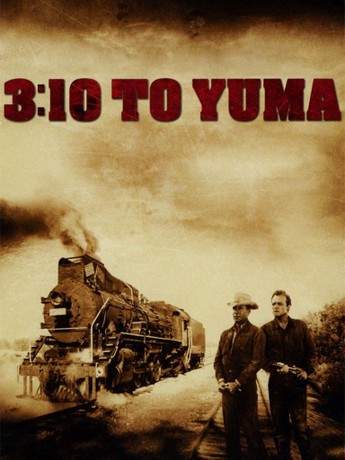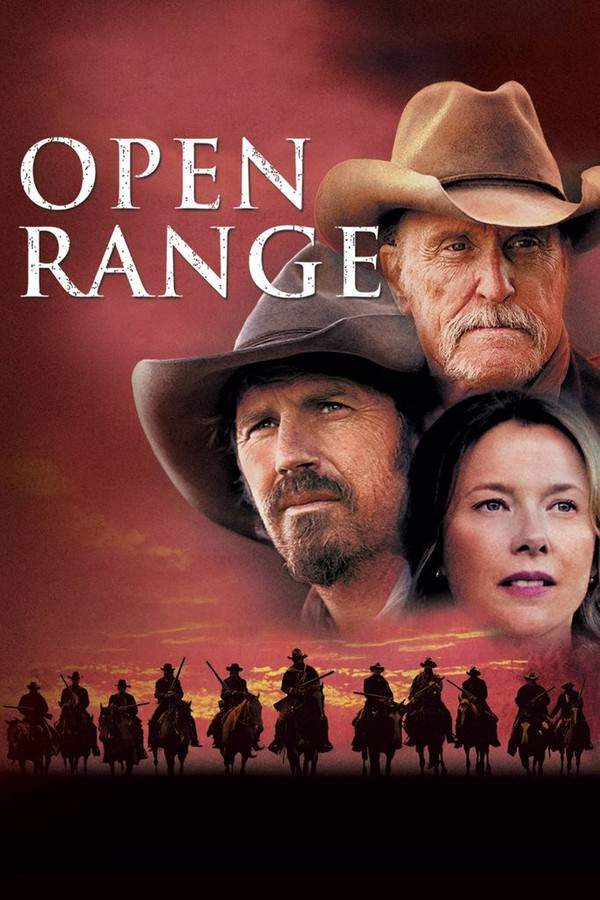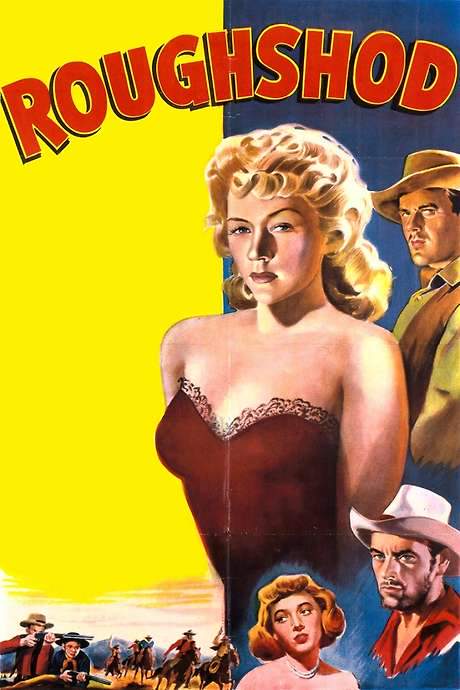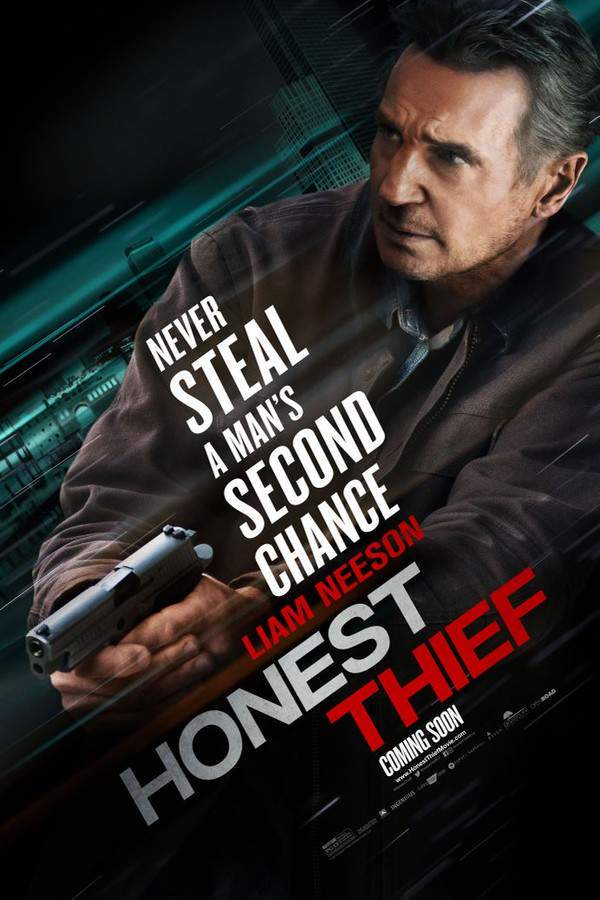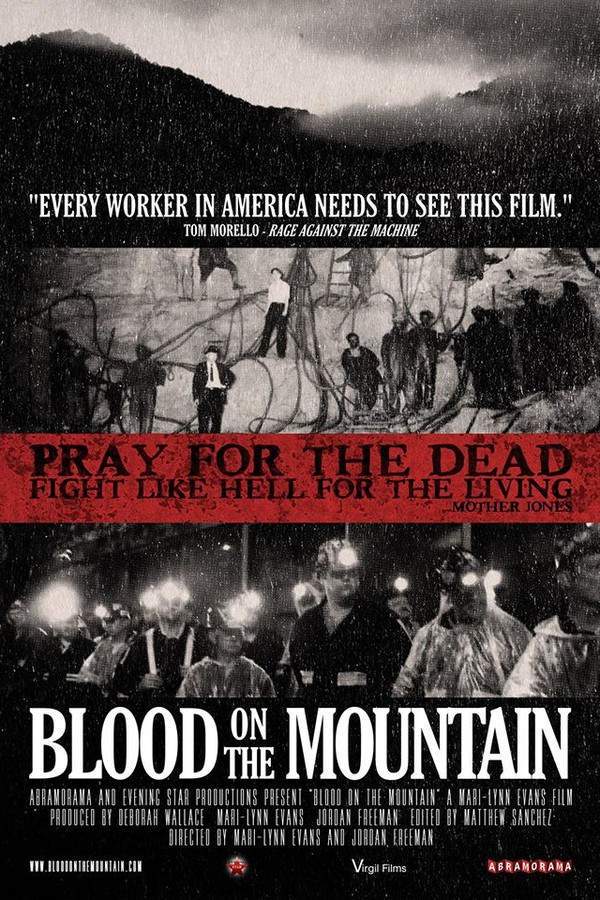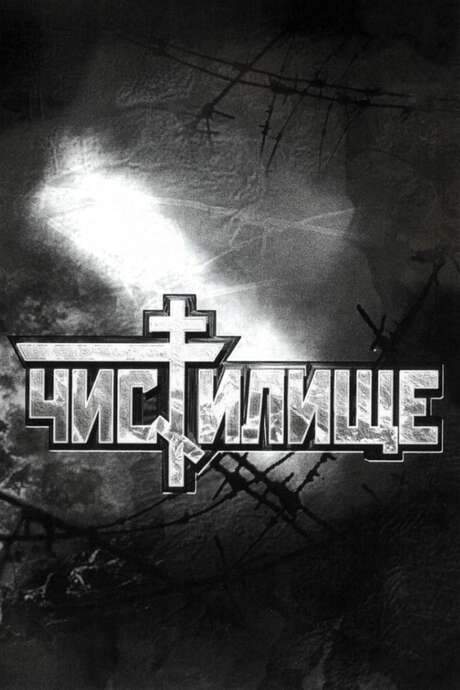
Posse from Hell
Year: 1961
Runtime: 89 mins
Language: English
Director: Herbert Coleman
Banner Cole, a hard‑nosed sheriff’s deputy, assembles a small, determined posse to hunt down four death‑row inmates who have escaped. The fugitives murdered the sheriff, three other men and kidnapped a woman with intent to rape. The team pursues them as a relentless avenging force.
Warning: spoilers below!
Haven’t seen Posse from Hell yet? This summary contains major spoilers. Bookmark the page, watch the movie, and come back for the full breakdown. If you're ready, scroll on and relive the story!
Posse from Hell (1961) – Full Plot Summary & Ending Explained
Read the complete plot breakdown of Posse from Hell (1961), including all key story events, major twists, and the ending explained in detail. Discover what really happened—and what it all means.
In 1880, four escapees from death row—Leo Lee Van Cleef, Chunk Henry Wills, Hash Charles Horvath, and Crip Vic Morrow—ride into the dusty town of Paradise and head straight for the Rosebud Saloon. Crip opens fire on the town marshal Isaac Webb Ward Ramsey, taking ten men hostage and killing some to ensure the group is left unchallenged. The four gang members escape with $11,200 from the Bank of Paradise and abduct Helen Caldwell Zohra Lampert, leaving the town in a tense, uneasy state. The saloon’s doors swing shut behind them as fear spreads and the first threads of reckoning begin to tighten around Paradise.
Banner Cole Audie Murphy rides into town after receiving Webb’s request to join him as his deputy. Webb’s last act, before dying, is to deputize Cole and urge him to do the right thing. Cole accepts, and a wary Benson James Bell, a respected elder of the town, persuades him to organize a proper posse rather than chase the outlaws alone. What follows is a careful assembly of personalities and histories, each man bringing his own faults, fears, and grudges into the fight for a town that doesn’t quite know who it is anymore.
The posse comes together as a handful of unlikely allies: Captain Jeremiah Brown [Robert Keith], a once-proud cavalry officer with grandiose fantasies; Jock Wiley [Paul Carr], an overeager young trick-shooter hungry for action; Uncle Billy [Royal Dano], a stubborn, booze-soaked veteran with a soft spot for his niece Helen; Burt Hogan [Frank Overton], who wrestles with guilt over his dead brother at the hands of the outlaws; Johnny Caddo [Rodolfo Acosta], a skilled blacksmith whose presence in Paradise is tolerated for his talents; and Seymour Kern [John Saxon], a poised banker sent on a delicate assignment from the New York office who is cowed into joining the mission. Together they trudge into the danger zone, driven by the moral weight of Webb’s dying words and the town’s desperate need for leadership.
The search for Helen leads them to a difficult truth: she has been left behind and scarred by what happened. Cole instructs Uncle Billy to bring her back to town, a moment that exposes the fragility of the group’s command, as Brown’s clumsy attempts to console her only deepen her pain and push her toward despair. She nearly harms herself, but Cole intervenes, and Billy returns with Helen propped on a travois behind his horse, a haunting sign of the town’s fragility and the costs of vengeance.
Brown’s leadership falters publicly when he disobeys orders and opens fire on four cowhands who turn out not to be the outlaws. Cole pragmatically wounds Brown and orders him back to town with the others, a stark reminder that competence matters more than bravado in this deadly pursuit. The posse presses on to the ranch where the cowhands had encountered the outlaws, and a fierce gun battle erupts. Three of the outlaws slip away, but the fourth kills Wiley, a brutal reminder of how personal the violence has become. Hogan, convinced the fallen outlaw isn’t really dead, shoots at the corpse and then abandons the posse in a storm of anger and guilt.
With Hogan gone, Cole tasks Caddo and Kern to continue the chase, but they refuse to abandon the search and soon discover the outlaws have doubled back toward Paradise. The fugitives attempt an ambush, shredding Cole’s horse and forcing a brutal chase. Cole shoots Leo, hoping to end the threat, only to learn that the outlaw is not dead yet and will finally die after one last confession: the others are heading back to Paradise. A second ambush follows, this time near a ranch house, where Caddo is killed and Hash’s gunfight knocks Kern from his horse, breaking his leg in the fall. Helen finishes Hash off with a swift six-gun strike, then drives a buckboard toward town, a stark, relentless symbol of a community taking back its fate.
Cole pursues Crip in a final, brutal showdown. In the ensuing gunfight, Cole is wounded on the side, and Crip falls. The town’s heartbeat trembles as Kern is carried back to safety, some townsfolk reacting with fear, others with cautious hope. Cole’s curt refusal to accept pity—“Touch this man and I’ll kill ya”—underscores his growing resolve. Both men survive, but the emotional injury lingers as the healing begins.
With the threat quelled and the fresh scars of battle fresh in their minds, the town gathers to decide its future. The debate over whether Cole should stay on as town marshal splits the community, but Webb’s echo—his warning that some people are fundamentally good and deserve to put down roots—lingers as a hopeful guide. In the end, Cole chooses to remain, planted in Paradise not as a conqueror but as a guardian who believes in rebuilding, restoring trust, and giving the town a chance to breathe again. The Rosebud Saloon may still echo with the ghosts of violence, but a new rhythm of steadiness and community begins to take hold, as a wary but hopeful Paradise looks toward a quieter, more resolute dawn.
Last Updated: October 09, 2025 at 11:01
Explore Movie Threads
Discover curated groups of movies connected by mood, themes, and story style. Browse collections built around emotion, atmosphere, and narrative focus to easily find films that match what you feel like watching right now.
Movies with a relentless pursuit like Posse from Hell
Stories of unwavering characters bound by duty on a high-stakes, linear chase.If you enjoyed the tense, high-stakes chase in Posse from Hell, this collection features similar movies with a steady pace and determined characters. Discover other Westerns and thrillers where a linear, focused mission drives the narrative forward against grim odds.
Narrative Summary
The narrative follows a linear path of pursuit, often starting with a grave injustice that sets a clear goal. The journey is marked by a series of escalating confrontations and tests of resolve, pushing the characters to their limits in a race against time or a formidable enemy.
Why These Movies?
Movies in this thread share a core structure of a high-stakes chase, a tense and gritty tone, and a steady pacing that builds momentum. They feature determined protagonists and create a sense of grim, unwavering purpose that keeps the viewer engaged from start to finish.
Stories of grim justice and community healing like Posse from Hell
Violent trauma forces a community to rebuild, finding hope through grim justice.Fans of Posse from Hell's theme of a wounded town seeking justice will find similar movies here. These films explore how communities respond to trauma, often through a tense and violent pursuit, ending on a hopeful note of restoration and renewed leadership.
Narrative Summary
The narrative begins with a violent violation of a community's safety, creating a moral imperative for action. A small group or individual emerges to enact a form of gritty, frontier justice. The journey is perilous and somber, but the climax provides catharsis, leading to a hopeful ending where the community begins to heal and rebuild from the trauma.
Why These Movies?
These movies are grouped by their shared focus on community trauma, the necessity of a harsh but justified response, and a tonal arc that moves from grim tension to hopeful resolution. They balance medium emotional weight with high-intensity action, centering on themes of law, order, and leadership.
Unlock the Full Story of Posse from Hell
Don't stop at just watching — explore Posse from Hell in full detail. From the complete plot summary and scene-by-scene timeline to character breakdowns, thematic analysis, and a deep dive into the ending — every page helps you truly understand what Posse from Hell is all about. Plus, discover what's next after the movie.
Posse from Hell Timeline
Track the full timeline of Posse from Hell with every major event arranged chronologically. Perfect for decoding non-linear storytelling, flashbacks, or parallel narratives with a clear scene-by-scene breakdown.

Characters, Settings & Themes in Posse from Hell
Discover the characters, locations, and core themes that shape Posse from Hell. Get insights into symbolic elements, setting significance, and deeper narrative meaning — ideal for thematic analysis and movie breakdowns.

Posse from Hell Spoiler-Free Summary
Get a quick, spoiler-free overview of Posse from Hell that covers the main plot points and key details without revealing any major twists or spoilers. Perfect for those who want to know what to expect before diving in.

More About Posse from Hell
Visit What's After the Movie to explore more about Posse from Hell: box office results, cast and crew info, production details, post-credit scenes, and external links — all in one place for movie fans and researchers.


